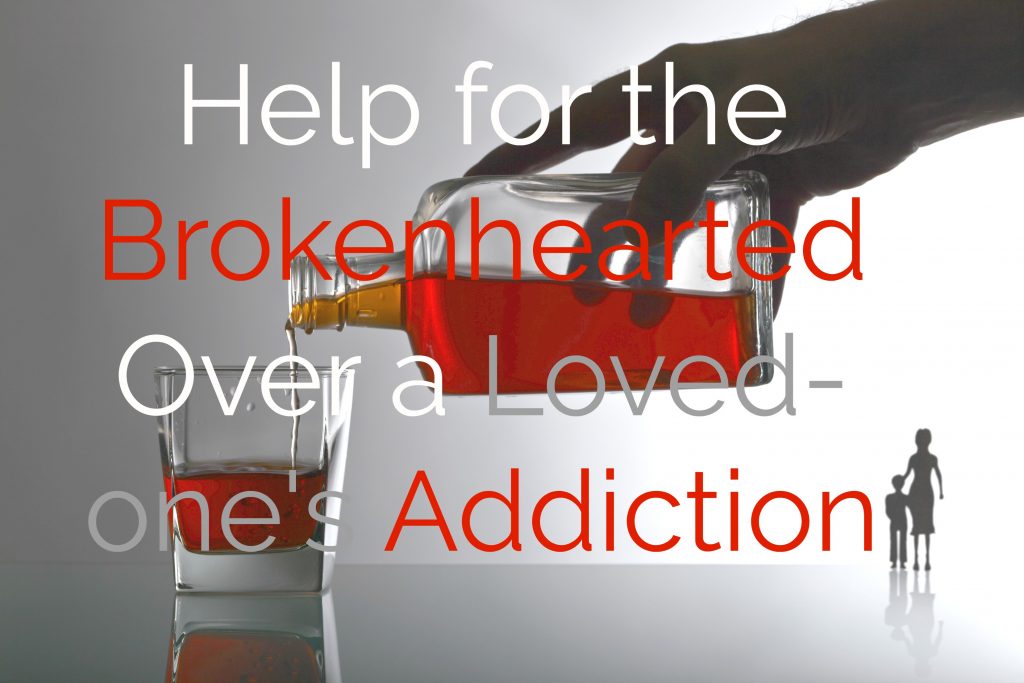Podcast: Play in new window | Download
Subscribe: RSS
Addiction is a disease that breaks hearts. It has a profound adverse effect on everyone. Spouses, children, extended family, and friends, suffer heartbreak. Addiction damages and in some cases destroys relationships. Feeling utterly powerless while watching someone you care about self-destruct is painful. Addiction is one of the most difficult relationship patterns to treat in couples or family therapy. Relapse is a constant threat. When relapse occurs, it can wipe away any progress made in relationship recovery. [Tweet “Addiction damages and in some cases destroys relationships. “] The most troubling aspect of addiction is that it breaks hearts. Here is a sample of heartbreak that some people report:- anguish
- fear
- betrayal
- sadness
- powerlessness
- hopelessness
“Above all else, guard your heart for it is the wellspring of life.” Proverbs 4:23Here are 5 things to do to protect your heart from being permanently broken.
#1: A broken heart needs treatment
Often we focus on the addicted person needing treatment. Support here is limited. What often gets neglected is the person or people who are directly affected by the presence of the addiction in the home. You need support–and if you have children include them too! Family members often fake feeling good. Behind the mask are painful feelings. Masks have to come off in order to treat the heart. So, what’s next?#2: Establish a trusted support system for yourself
Addiction survives in secrecy. You cannot afford to keep silent. Neither can you go through this alone. It will take some courage, but you will feel much better when you open up to others for help. Establish a small group of trusted people you can rely upon for support.- key family members
- trusted friends
- support group like Al-Anon or Al-Ateen
- spiritual leader
- counselor
#3: Become a student of addiction
Learning about addiction will have a profound effect on how you deal with it in your family. Becoming a student will help you understand the nature of the disease and the effect it has on the person. The addicted suffer in ways we cannot fathom. You will also learn how it affects family members. This information will provide an accurate lens to deal with the problem. Read books. Do research. Join social media support communities.#4: Clarify your boundaries around addiction
Family members often struggle feeling responsible for the addiction. To compensate they work harder to control it in their loved-one. Remind yourself of these three realities:- I did not cause it.
- Nor can I control it.
- I cannot fix it.
- I am responsible to protect my heart.
- I am responsible to protect my kids.

